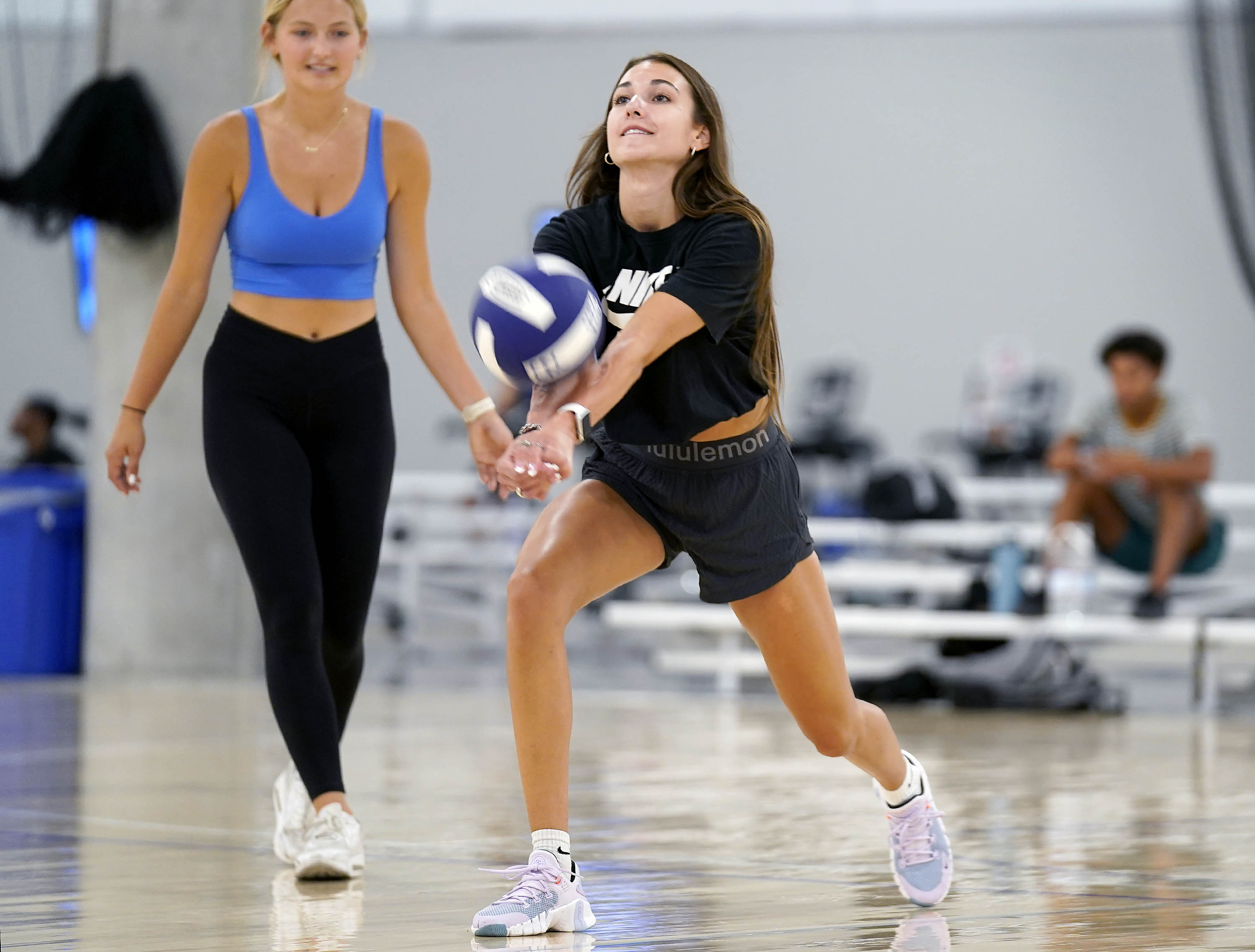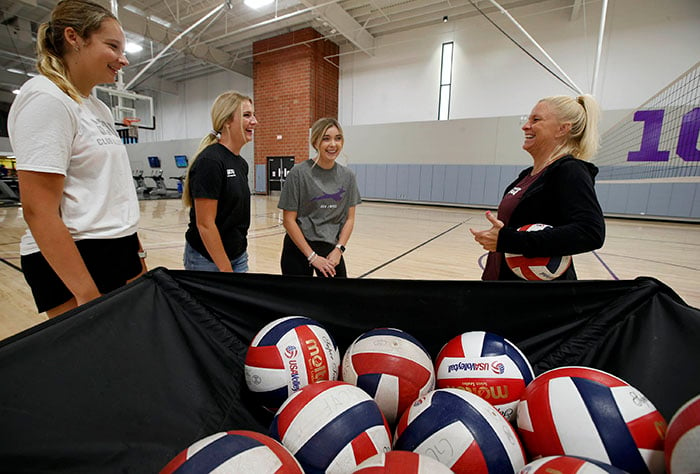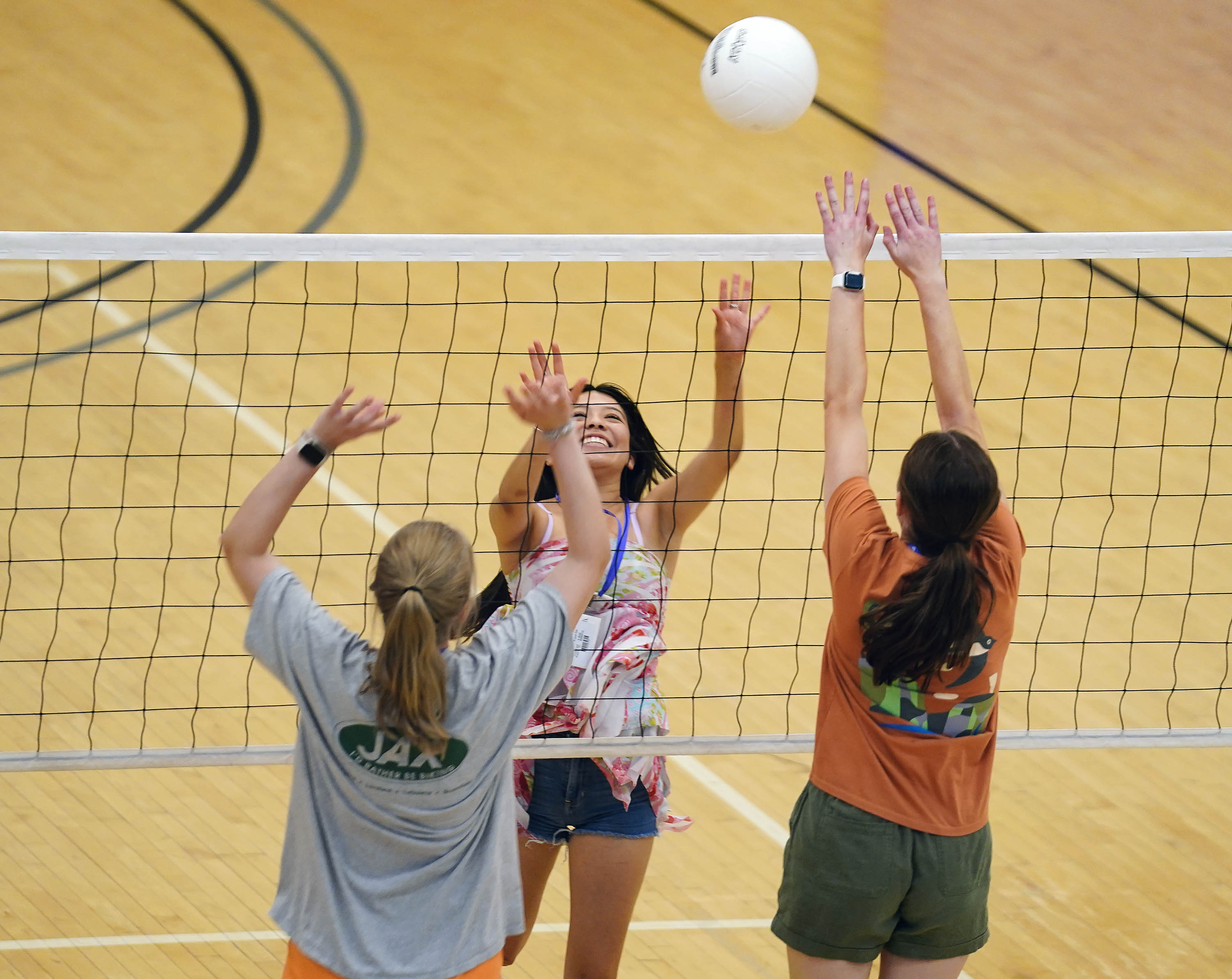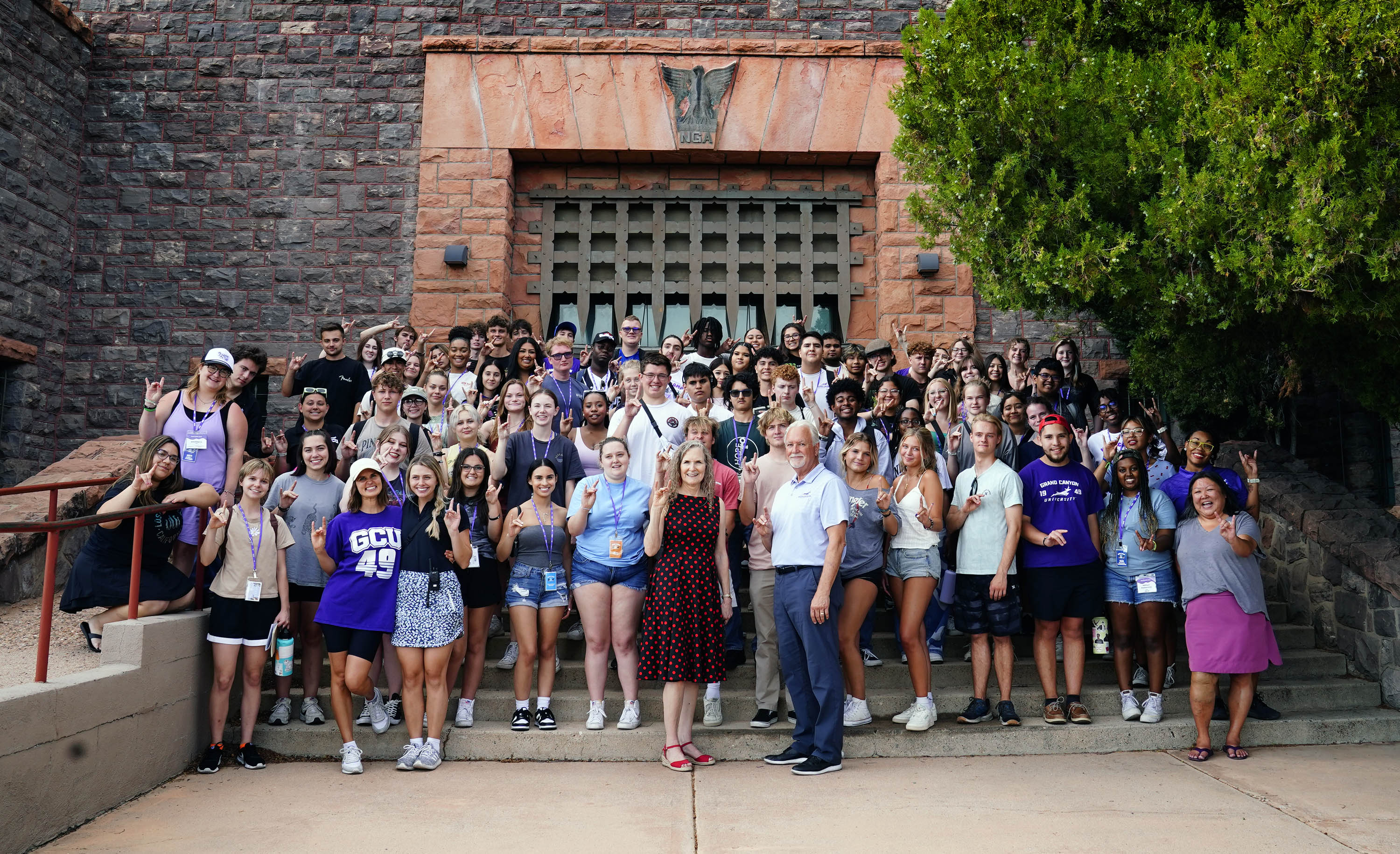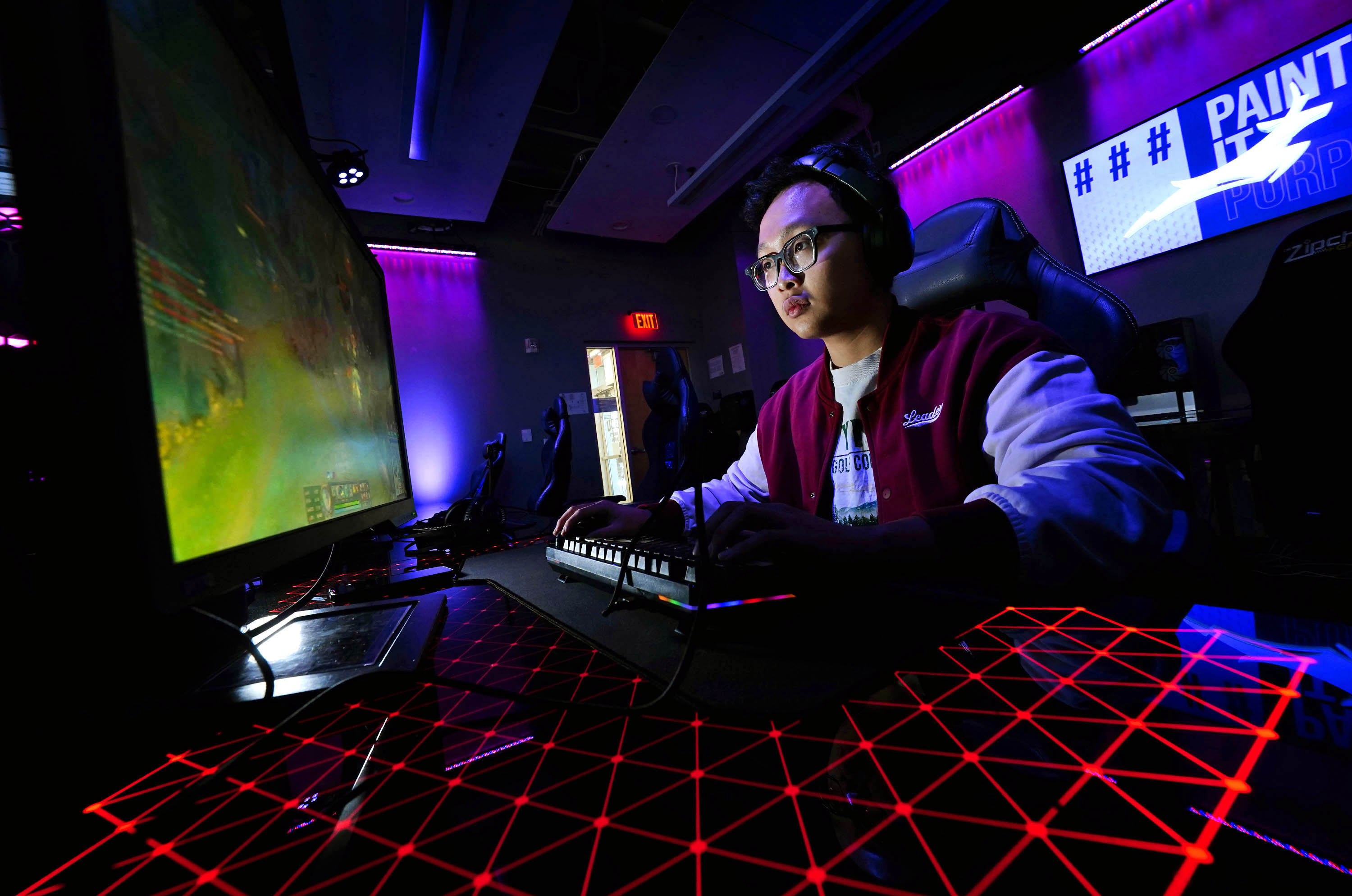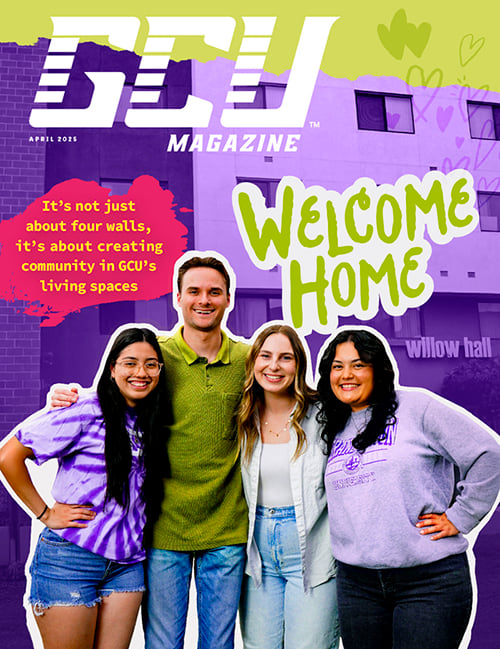
By Mike Kilen
GCU News Bureau
Grand Canyon University College of Education Dean Dr. Meredith Critchfield pushed students and educators to reflect on one word: Why.
Why do you want to be a teacher? Why you are in the field of education?
“Because we all know there is a lot going on in education today, a lot of conflicts, a lot of disparate messages, so the ‘why’ is so important,” she told a group of 119 participants in COE’s Virtual Dean's Speaker Series on Wednesday, while introducing four speakers who could drive that message home. “I think you will hear a thread – their ‘why,’ their mission around teaching is so strong, so powerful.”
Applicable to those in many fields of study or work, the following thoughts are highlights from Jason Catanese, math teacher at Pueblo Del Sol Elementary School in Phoenix; Justin Campbell, founder and CEO of The Urban Connection Project in Phoenix; Chris Ecton, principal at Glenview College Preparatory High School in Glendale; and Samantha Ness, GCU alumna and world history teacher at Copper Canyon High School in Glendale.
What is your “why”?
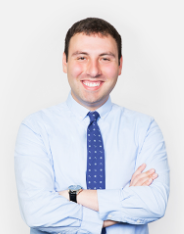
Catanese: I didn’t study education in college, I studied political science and international studies, and my whole thought process was problem-solving. When I got to my school, I saw there were really smart kids who were not given opportunities. The first test I gave out when I got there, some kids were done in five minutes and they were just sitting there 45 minutes doing nothing. I thought back to my own years in junior high, and I had the opportunity to study algebra because I was really good at math. So I asked if they had an algebra class. The answer was that in the last 20 years we’d only had eight kids pass an algebra class.
I asked if I could have a class. My principal said I couldn’t have a class during the day. One thing about being a teacher, teachers have selective hearing. What I heard was there wasn’t going to be a class during the day. So what I ended up doing is talking to kids and to parents, going door to door, talking about why it was so important to get on this different path for math.
I read one study that found that the highest indicator of whether you will graduate from college is the math you graduate with in high school. So it’s a higher indicator than your race, higher indicator than the zip code you live in, higher indicator than what socioeconomic status your family has – all things my students couldn’t control. But what they could control was the math abilities if we were giving them opportunities.
I got some cheese and crackers and got some Gushers for 20 kids. I went to open the door after school for the voluntary class and I had 86 kids there. It showed me if we provide opportunities for kids, they’ll show up.
So opportunities are my why, why I continue to teach. If you are in a classroom and see a problem, don’t wait. You can be part of that change.
But how do I find my why?
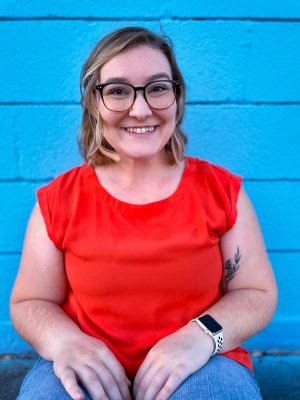
Ness: I remember being in college my senior year and thinking maybe I will do special ed. It sounded great at that moment. The more I thought about it, it wasn’t what God created me for. I have a huge passion for it, but I can use my why and my passion in my general education classroom. That’s where I can minister to students.
So getting around tables and around people who are like you and not like you and finding people around you who can pour into your cup and tell you, “This is a great idea, you should go for it,” but also people who can check you and say, “That’s not very much like who you are or what you say you want to be.” So definitely expose yourself to all different types of situations.
Don’t stress about being perfect at it. It’s going to change and evolve, especially as you grow as a person and as you mature emotionally and mentally. Just take it as it comes, you are not going to get it perfect and you don’t have to have it all figured out.
What is culturally responsive teaching and what does it look like in the classroom?
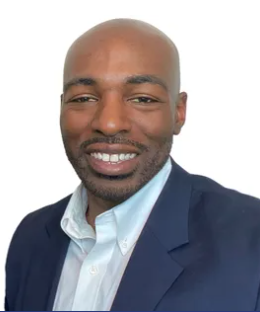
Campbell: In education and in America, we generalize a lot of things for organizational purposes. A quick example. A Chinese mother, a Vietnamese mother and a mother from India enroll their children in school, and we put them all in a folder and call it Asian American. It’s great for organization, but what it does is suppress individuality.
The classroom is the same thing. If you are certain age, if you are in a certain grade level, if you have certain ability, you go in a certain classroom. A lot of times, it strips us of being able to serve on an individual level. So what culturally responsive teaching is recognizes what this particular student needs and also realizing that everything I have done for kids in the past might not apply to this particular student.
What can we do to meet them where they are?
You will never be a culturally responsive teacher. You get so great at everything in a school year, then it’s over and you learn from new kids. You learn everything, and then TikTok comes out.
Also, the realization that as a human you are biased. You cannot turn it off. As humans, we create patterns. How old do you think I am? Whatever number popped into your head has nothing to do with me. It’s your knowledge of people who look like me, who don’t have hair, who wear collared shirts. It’s your knowledge of people in the past, and it has nothing to do with who I am.
So once we realize we can’t turn them off, it’s more about recognizing that when they come into play in not allowing them to rear their heads in our interactions with others and also within our context of teaching kids. The step to being more culturally responsible is more in our minds and understanding that our normalcy may not be someone else’s. And also understanding that there are biases we can’t turn off, it’s more about checking them when they come into play.
What advice do you have for graduates with minimal experience to sell themselves?
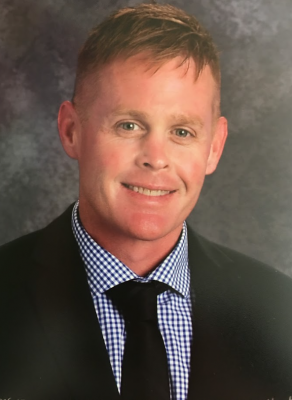
Ecton: I am somebody who hires a lot of first-year teachers. But getting any experience with kids is good. We are looking if you have worked with kids before. The camp counselor is good, being a paraprofessional is good, working at (GCU’s) Learning Lounge is good. Giving them some experience working with kids.
In the interview, be yourself. A lot of students are so nervous for that interview, but let your personality come out. I’m not just looking for a teacher, I’m looking for a team member as well. How are you going to get along with our team? How are you going to fit in with our organization?
It’s one of the toughest interviews when you haven’t had any teaching experience and I’m interviewing a student right of college, but just be yourself.
Grand Canyon University senior writer Mike Kilen can be reached at mike.kilen@gcu.edu or at 602-639-6764.
Related content:
GCU Today: Aspiring teachers wooed at expo — even to Alaska
GCU Today: New COE Assistant Dean loves guiding teachers
GCU Today: GCU graduates become neighborhood teachers

